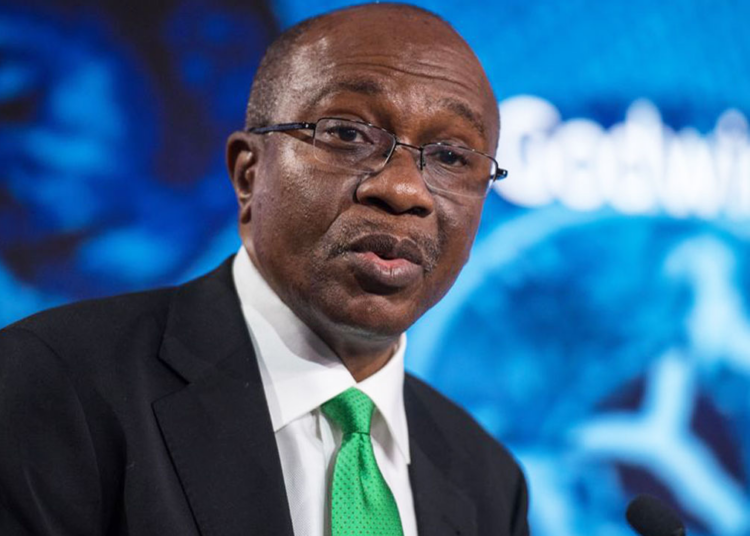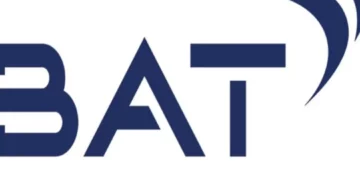The Monetary Policy Committee (MPR) of the Central Bank of Nigeria (CBN) will tomorrow, Tuesday, May 23, 2023 commence its 291 meeting to decide on the monetary direction, a decision analysts say will not be different from its previous outcomes.
Over the past year, the MPC has consistently raised benchmark interest rate in a measure to curb rising inflation. Analysts believe that the MPC’s decision would be to further raise monetary policy rates as inflation is yet to abate.
At the end of its last meeting in March, the MPC voted by 10 to 1 to raise the benchmark rate by 50 basis points to 18 per cent, the sixth increase in the last twelve months. This move was targeted at curbing the perceived liquidity-induced demand-pull inflation and to keep up with the hawkish posture of global systemic central banks in a bid to forestall capital flow reversal and, by extension, to mitigate the negative impact on foreign exchange illiquidity and exchange rate direction.
Latest data released by the National Bureau of Statistics (NBS) showed that headline inflation rose by 0.18 per cent to 22.22 per cent, with the increase mainly due to a surge in the food basket to 24.61 per cent from 24.45 per cent in March.
Headline inflation, which has now increased for the fourth consecutive month, is at 18-year high and is consistent with both the global and regional directions. Analysts at Financial Derivatives Company in an economic bulletin stated that, “there are two major uncertainties that have been impacting inflation expectations & psychology in the past few months.
“These are the price of diesel and the temporary appreciation of the Naira in the forex market. In April, the price of diesel fell by 35 per cent to N640/litre while the Naira appreciated by 1.33 per cent to N740/$ in the parallel market. The pass-through effect on domestic prices has been relatively muted. This is because according to Keynes, prices are usually sticky downwards.”
Analysts at Cordros Research, noted that they expect inflation figures to continue trending upwards. Noting that they expect the food demand-supply gap to remain wide, supporting high food prices, he said: “while pressures are currently subsiding in the core basket amidst lingering currency pressures, we believe the 2023 Fiscal Policy Measures and 2022 Finance Act introduce fresh risks to the core inflation over the short term.
“Accordingly, we forecast the core inflation to settle at 1.55 per cent m/m. with the favourable base effects from the prior year cascading to 19.75 per cent year-on-year. Tying all together, we now look for a 1.89 per cent m/m headline inflation rate, cascading to a y/y print of 22.35 per cent in May.”
Ahead of the MPC meeting, analysts at FDC note that, they expect a further rise in benchmark interest rate, saying, “the MPC meets next week for the last time in this administration and expectations are for a 25 basis points increase in the monetary policy rate (MPR), in line with most other Central banks.”
Analysts at Afrinvest West Africa said: “based on a balanced analysis on the current dynamics in the global and domestic macroeconomic landscape since the last MPC meeting in March, we do not expect the CBN to retain or lower the anchor rate next week. On the contrary, we project a modest 50bps hike in MPR to 18.5 per cent, which, other things being equal, should cause a nudge in market yield and savings rate.
“Hence, we anticipate a mild reduction in the general household propensity to consume in line with the CBN’s expectation. However, we hold that the MPR hike alone is short of being the silver bullet to tame the runaway domestic inflation rate. We reiterate that a combination of fiscal and monetary policy alignment, improved communication of monetary policy to the market, and a holistic approach to structural challenges (including insecurity) is the only way to tame the runaway inflation rate.
“In terms of our inflation outlook for May, though we project that headline rate would ease by a muted 10bps y/y to 22.21 per cent driven by the high base year effect and the downward adjustment of transportation cost post-April’s festivity-induced markups, the goal of price and exchange rate stability is not on the horizon without a broad-based monetary and fiscal policy recalibration.”
Analysts at Cordros noted that, asides from the fact that global central banks are approaching the end of the interest rate hiking cycle, “we think the MPC has reached a point where overtightening becomes a concern even as the debate remains on what constitutes a neutral interest rate that will not hurt domestic growth.
“As such, we think the dilemma for the Committee at the meeting will remain whether to continue its rate hike to further dampen the rising inflation trajectory or adopt a hold stance to observe emerging developments and allow for the impact of the last rate hikes to permeate the economy. In our view, given that the end of rate hikes by systemic global central banks is in sight amid sticky domestic inflation, we think the MPC is likely to maintain a slower rate hike at this meeting.
“Indeed, at the post-MPC conference in March, the CBN governor said that maintaining an aggressive tightening poses a risk to financial system stability. Accordingly, he stated that the MPC will adopt a strategy of smaller rate hikes going forward to narrow the negative real returns amid the risks of overtightening. Consequently, we expect the Committee to increase the MPR by 50bps and retain other policy parameters.”





